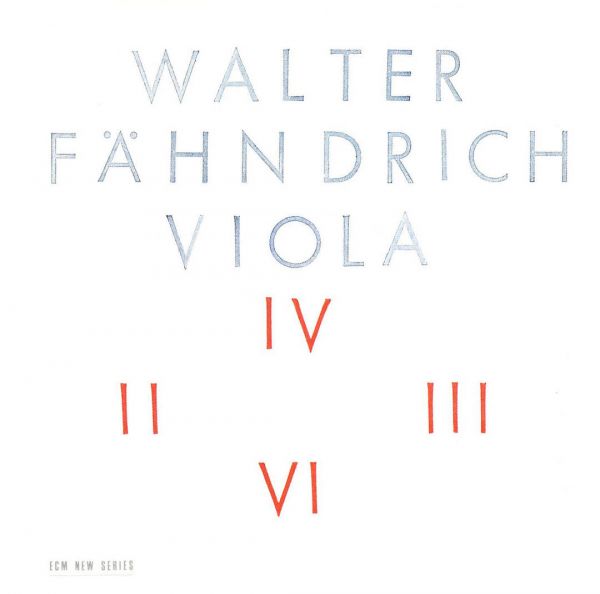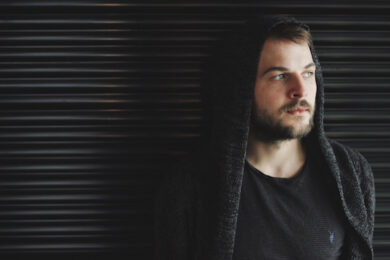5. Walther FähndrichViola

It’s just solo viola. It’s one of these records that should be so much more famous than it is. It’s up there with the most visionary, conceptual, pure music out there; more interesting than the David Darling solo stuff, even. He comes from this art context; what he did before and what he did after is also very great and very interesting, but this record is much more spiritual to me – an open gateway to a different world. I didn’t know that this music existed before I listened to it, and I feel like I’ve heard so much. The overtones, the repetition… aaaahh, fantastic.
The viola is strange because even I don’t know what the viola sounds like – you know what the violin sounds like and you know what the cello sounds like, but viola can sound like so many things and I really like the idea of having a solo record with an instrument that was never meant to be solo.
It’s a very challenging instrument, it’s very uncomfortable – you have to have a very long arm and to make uncomfortable movements. It’s never as fluid as on the violin; the violin is faster and much more precise and so the viola always sounds a little more sad. Sad and deep. And he finds his own way of working it: he overcomes the viola the same way as Arthur Russell overcomes the cello. He makes it his instrument. It’s not like, "I’m a cello and you play me now", it’s more like, "I’m Arthur Russell and I play you". It’s the same with Walther Fähndrich, they bend the instrument to their will.


